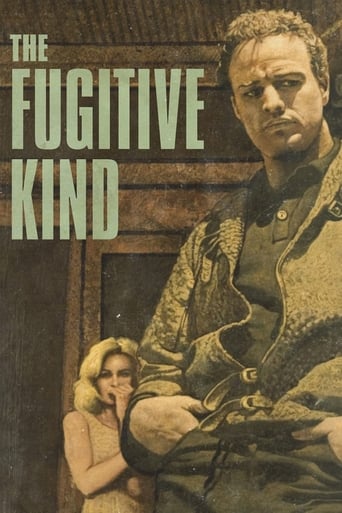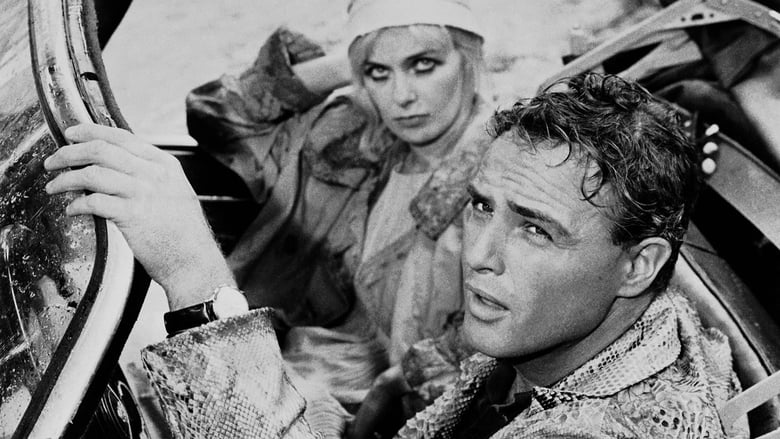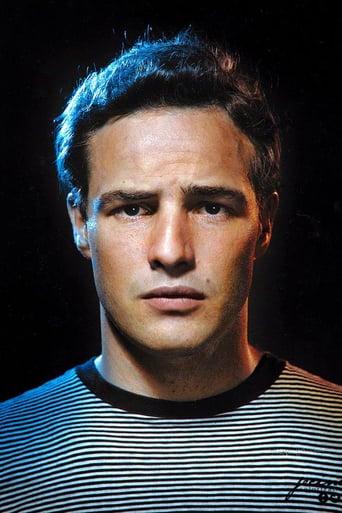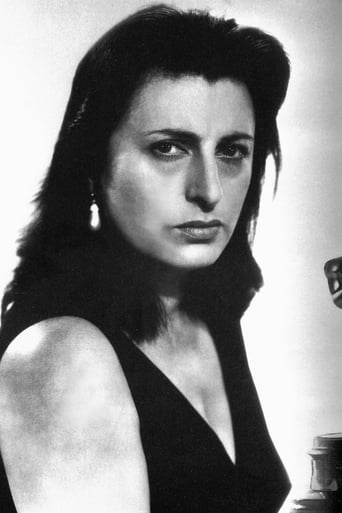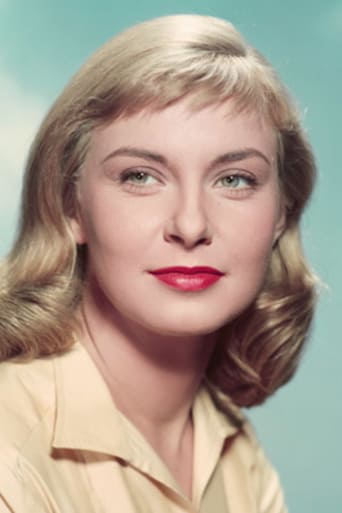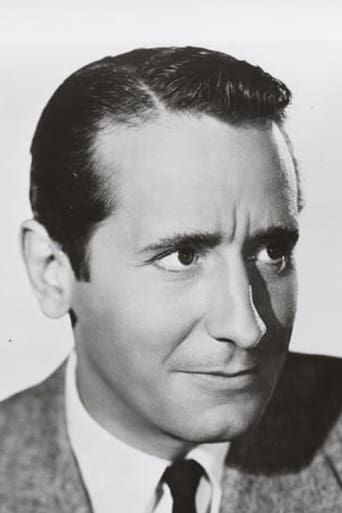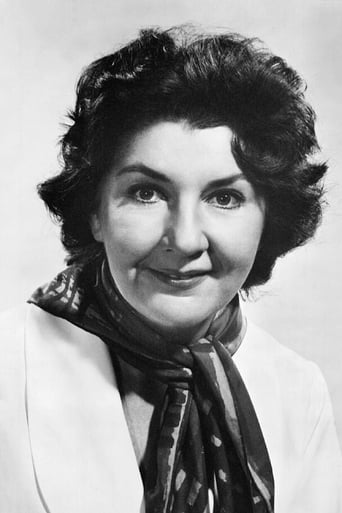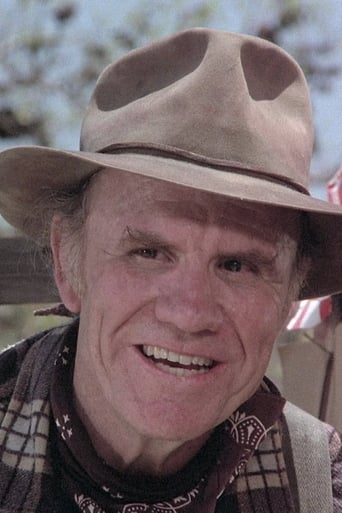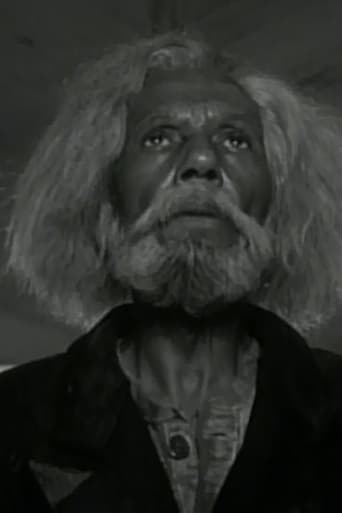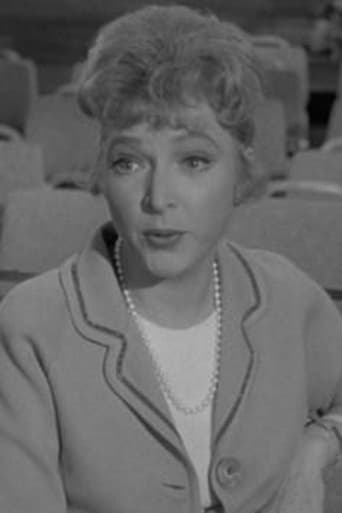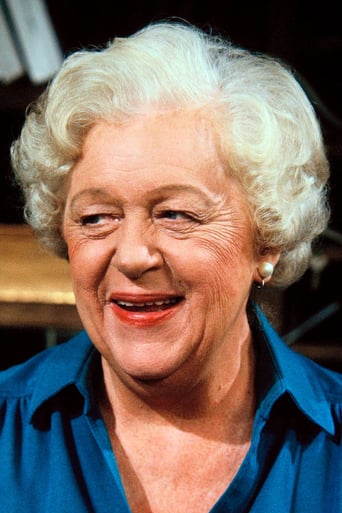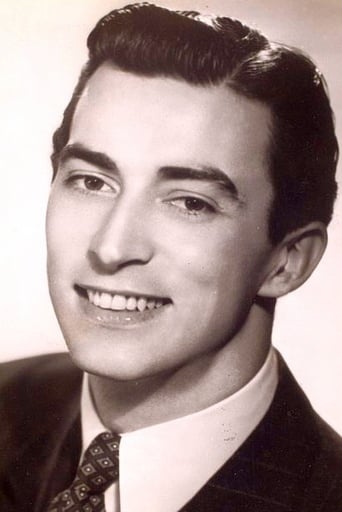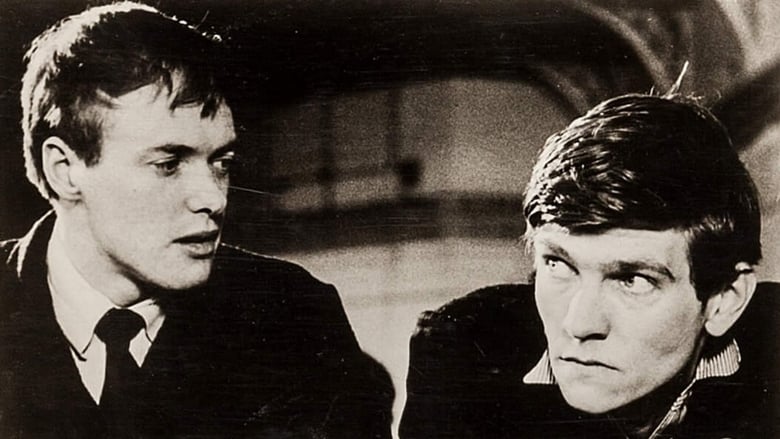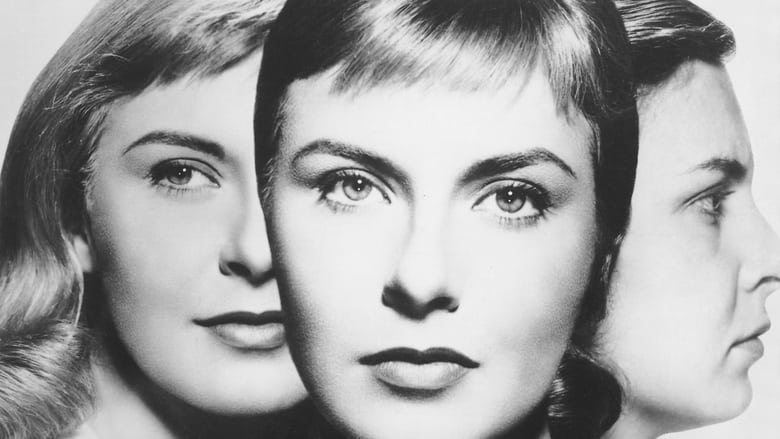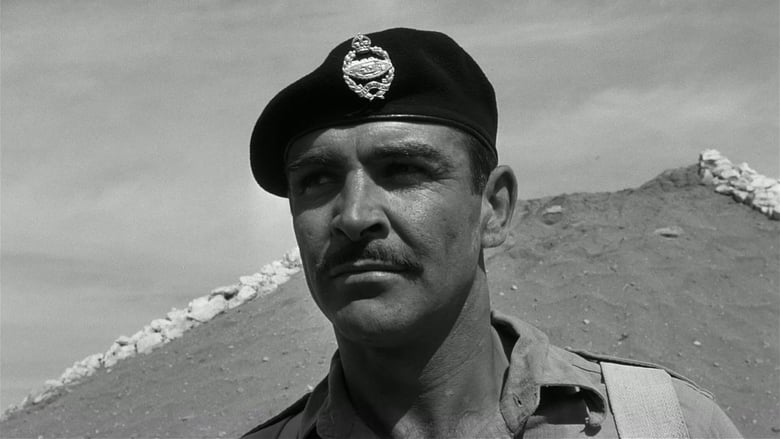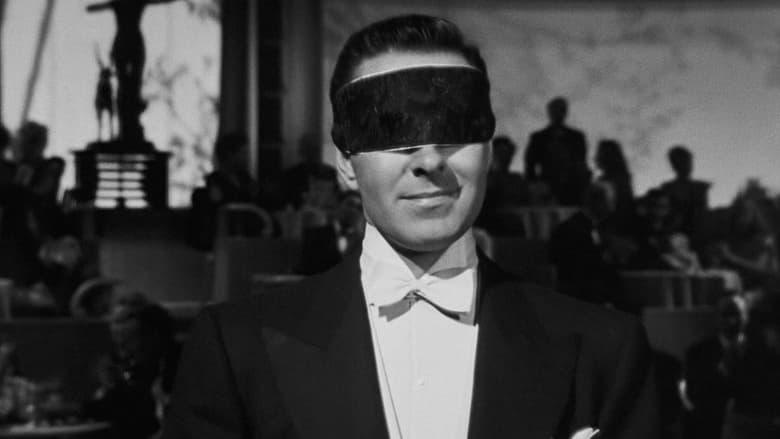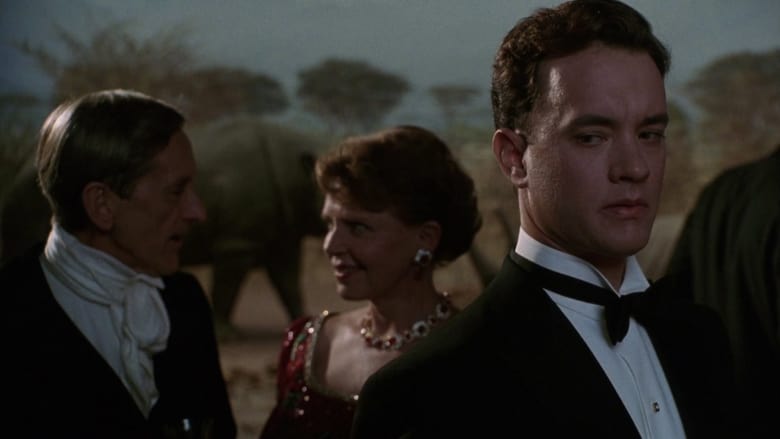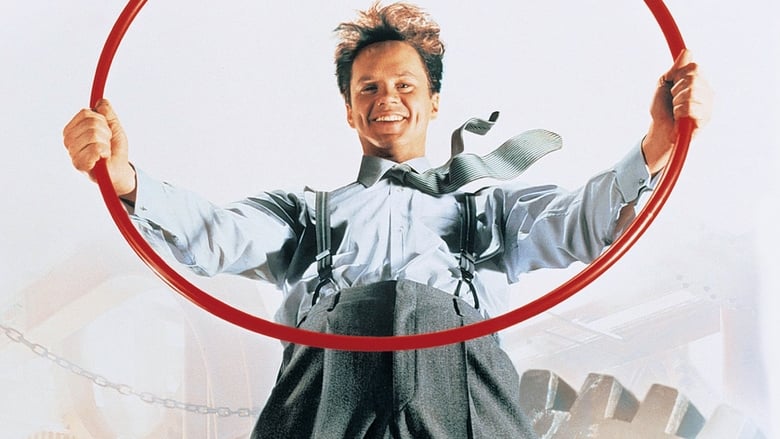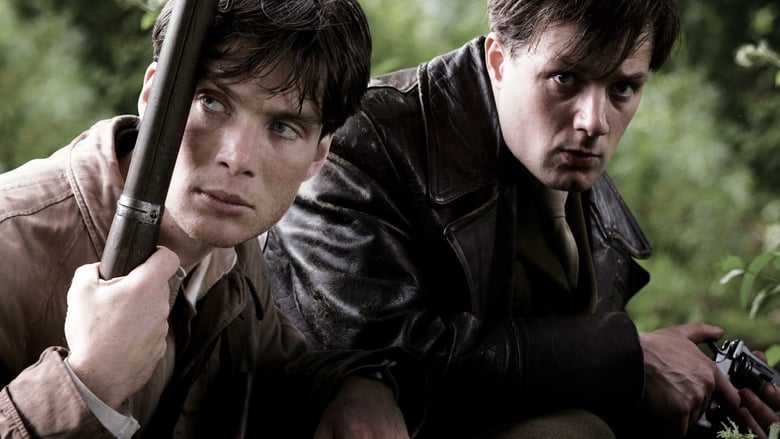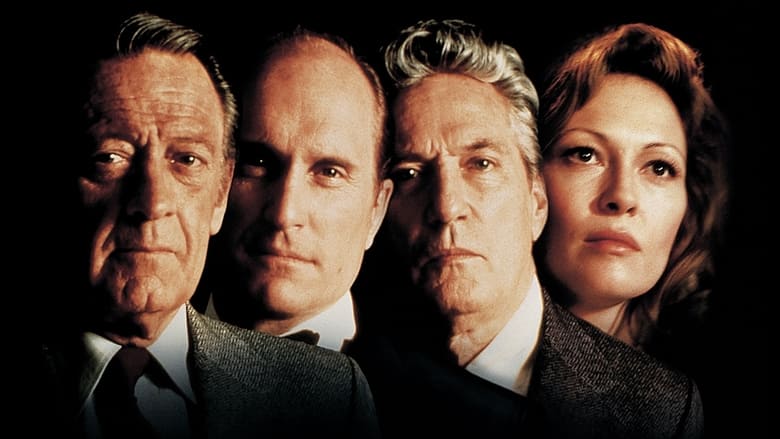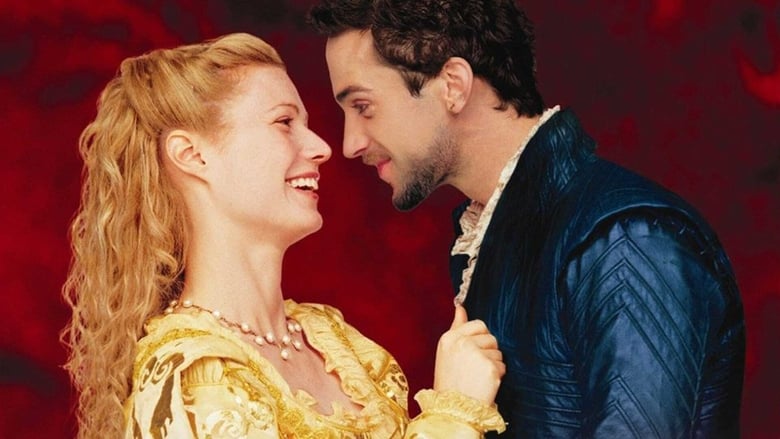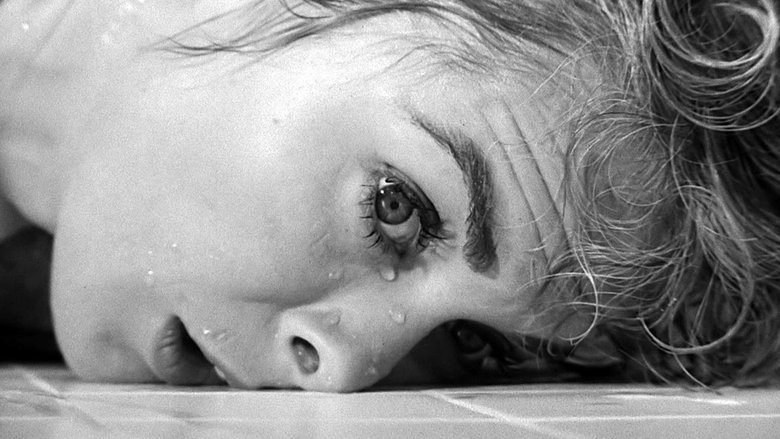Val Xavier, a drifter of obscure origins, arrives at a small town and gets a job in a store run by Lady Torrence. Her husband, Jabe M. Torrance, is dying of cancer. Val is pursued by Carol Cutere, the enigmatic local tramp-of-good-family.


Similar titles



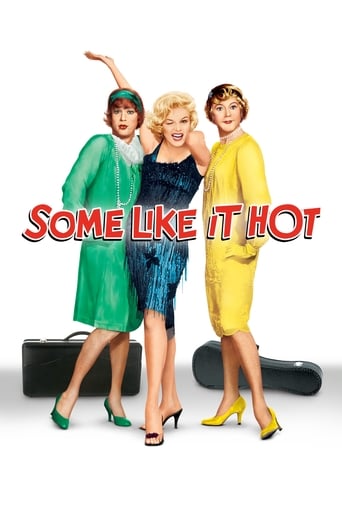
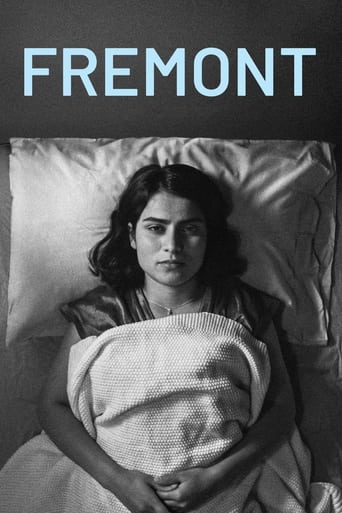
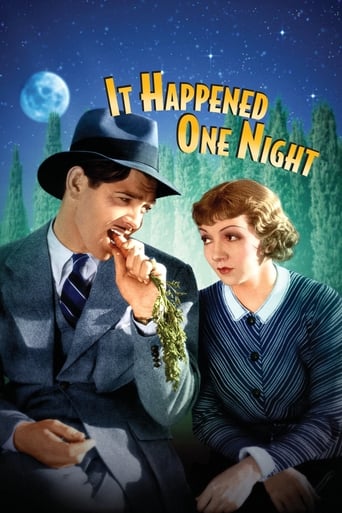
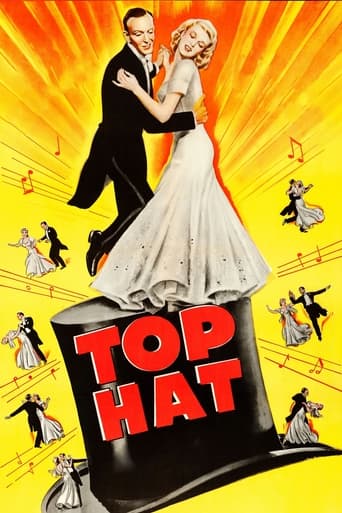
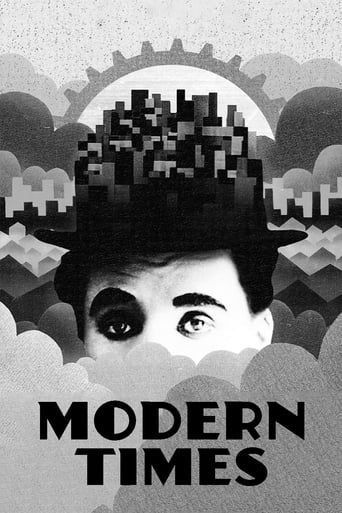
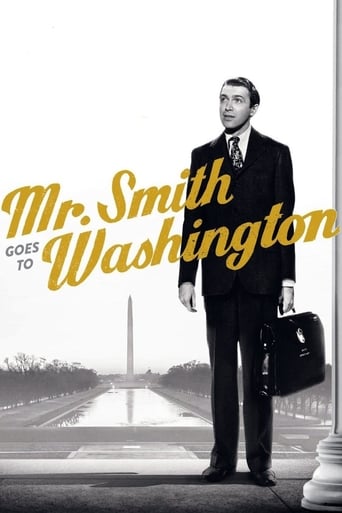
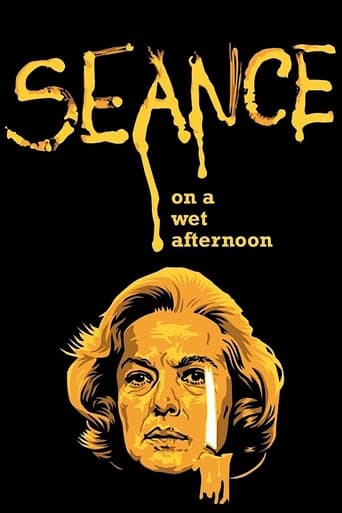
Reviews
Marlon Brando plays a drifter that wanders into town in this Tennessee Williams film. As soon as he arrives, he receives some help but a nice but addle-brained lady (Maureen Stapleton), is repeatedly the object of a nympho's attentions (Joanne Woodward) and meets a sad and tired lady (Anna Magnani) whose husband is dying of cancer. Magnani's character is rather pitiful, as her husband (Victor Jory) is a cancerous man in personality, too. He is cruel, coarse and just plain nasty. And, after a while, Brando and Magnani begin an affair.This might just be my least favorite Tennessee Williams film. I think most of it is because the chemistry between Magnani and Brando seems forced. It also is because the film is rather talky and slow--and with less fireworks than you'd expect from a Williams script. Yes, it's tawdry, but not nearly as tawdry as films like "Baby Doll", "Sweet Bird of Youth" and "A Streetcar Named Desire". I am about to say something that I am sure will ruffle a few feathers--and it's the biggest reason why this movie doesn't work for me. Although Anna Magnani was a huge star for a few years in the US (with this film and her Oscar-winning performance in "The Rose Tattoo"), I have never understood her appeal in these films. While she supposedly exuded sex appeal, I just never saw this at all nor did I understand comments about how great her acting was, as she could barely speak English. And so, the idea of her character having an affair with the much younger Marlon Brando just made no sense to me--and the chemistry wasn't very convincing. I know this sounds harsh--but I think this makes her films age poorly. If you want to see a better Magnani movie, try finding one of her earlier Italian ones--they can be quite good.With a different cast, this would have worked a lot better. And, despite the odd casting and some overacting by Woodward, it's still a decent film. There's enough hypocrisy and sleaze to make Tennessee Williams fans happy and Brando gives one of his better performances. Plus, the ending is a corker.
Marlon Brando is "The Fugitive Kind" in this 1960 film based on the Tennessee Williams play "Orpheus Descending." Williams adapted the play for the film.Brando plays Val Xavier, a drifter from New Orleans who rolls into the small southern town of Two Ribers, Mississippi with his life's companion, which is his guitar, and a snakeskin jacket. Like William Holden in "Picnic," his very presence shakes things up. He gets a job in a store owned by Jabe Torrence (Victor Jory), who is ill, and his wife, Lady (Anna Magnani), an immigrant. Lady is very unhappy and lonely, and the two embark on an affair. Joanne Woodward is Carol, a drunk who has been banned from most places in town. She's attracted to Val so she keeps hanging around. And Maureen Stapleton is Vee Teasdale, a kind woman who is encouraged in her painting by Val.The fireworks spark between Brando and Magnani, two magnetic, intense performers who come together with a backdrop of violence and bigotry. They are an excellent match, as both are such compelling performers. Joanne Woodward is problematic. She is completely over the top. Where Magnani and Brando choose their moments of outburst, Woodward is overdone and trying too hard throughout. It was up to Sidney Lumet, the director, to temper her performance, but let's face it, he probably had his hands full with Brando and Magnani. Maureen Stapleton gives a great performance as Vee.The film was made in a small town on the Hudson River and gives this dark film a gloomy, dangerous atmosphere.Apparently what went on behind the scenes could have been a film as well. Magnani fell hard for Brando -- and he is absolutely at the height of his looks and sexiness here -- but Brando wasn't feeling it. Apparently he rejected her. Then he started mumbling his dialogue, and since Ms. Magnani didn't actually speak English well and had learned her lines by rote, it was hard for her to pick up her cues. Fun set.Well worth seeing for the acting, but don't watch it if you're feeling even a little depressed. And if you live on a high floor, lock the windows. A real downer.
To this day, it's fair to hail Sidney Lumet as a foremost American realist: from 12 Angry Men to The Hill, from Dog Day Afternoon to The Verdict, Lumet illustrates stories as clearly as achievable. He's a virtuoso of multifaceted running scenarios, restricted room and chronology, dialogue-driven tension, real-life locations and genuine drama. Whimsy, the violently distorted subjective point of view, the thoughtful spatter of aesthetic flourishes are rarely sensed in his films. It's simple to understand in retrospect that people submerged in the pipe dreams of romance are not his preferred focus. Therefore Lumet invited Boris Kaufman to lens The Fugitive Kind in a stark black and white that looks like life. However Lumet saw that the Williams material applied the sobriety of realism as smokescreen for a grandiose lyrical representation. He solicited designer Richard Sylbert to enhance light and dark in the furnishings, and impelled Kaufman toward a more melodramatic degree of lighting.This either much too cumbersome or much too pretentious enigma of a production is not mentioned too much nowadays, but it was an immense production for its era. Teaming Brando with Magnani was greeted as daring elemental experimentation. As for Brando, his life was thick with dilemmas. It was not a joyful production. Now, as a Lumet devotee, I was a little disappointed by the film's simple gradual diffusion of energy, but what can't be denied is that it is and was not like other films, and something Lumet never attempted before or since: a sketch of rural malice wherein the external exploits were to be aroused by closet skeletons. This buried silver is faithful to the austere suspicion in Williams, without the sumptuous color and glittery splendor that denoted the subsequent Cat on a Hot Tin Roof and Sweet Bird of Youth adaptations.This is a mood film, where, if you take firm notice, you can sense the lights rise and dwindle to harmonize the articulacy of the orations. You can distinguish the furnishings imparting a sensitive or mystical weight to the content. And you start to heed Brando's withdrawn libretto escalating in the protracted monologues. This incubus in a snakeskin jacket croons. Woodward gives one of the least restrained performances of her peculiar career. And Magnani gives the solid impression of a profound voluptuary frightened of finding her only hope. It's definite that Magnani could be excessive, but Lumet controls her here and compels his cameraman to have confidence in her heartbreaking visage and injured intonation. It was rare in this time that an actress split the screen with Brando, so many expunged by his luminosity. Lumet started by using strikingly dissimilar lenses on the two leads, yet as the film proceeds, he gives Magnani increasingly long-lens close-ups to complement Brando's. And so we sense their bond intensifying in the most instinctive manner.No one saw the movie in 1959. It received no Oscar nominations. It squandered a fortune. Nevertheless it may be one of the most interesting Tennessee Williams filmizations, as we're invited to meditate on and bear in mind the burdens of its outmoded social order. In which case, it's clear enough to observe that The Fugitive Kind is just two films before Lumet's Long Day's Journey into Night, another reading of the light dwindling in rural America. What's more, also akin to that much superior but companion work, it's expressed in a way that's so sweeping, so broad that no one premise or connotation can singly characterize it. Attempting to decisively do so restricts something that must offer the furthermost room to whatever a given understanding in order to work. Lumet's style is not to tackle Tennessee Williams, but to let Tennessee Williams tackle him.
This story flopped as a play and as a film. That's too bad because that happens to be Tennessee Williams' most revealing play about the dark underbelly of racism, violence, vigilantes, lynchings and social injustice in the Deep South. Be warned: This ain't "Gone With the Wind". Its subject matter couldn't have been very popular with American audiences at any time or any place. Even today, Jabe (Hades), the king of the Underworld, where he keeps his Persephone/Eurydice (Lady) prisoner, sounds an awful lot like what George W. Bush will probably sound like in his declining years, uttering curses and maledictions against life, knowledge, science, progress, social change and uppity Negroes. I think the film works because it makes no concession to realism and frankly asserts the story's mythological elements. Lumet, Magnani, Brando, Jory, Stapleton, Armstrong and Woodward make it work and deliver a film and performances that are bigger than life and worthy of the best European art films of the period. Kudos for the set design, the art direction, the music (by Kenyon Hopkins) and the photography. This is a film you can't help but watch in absolute awe at the guts it took.
